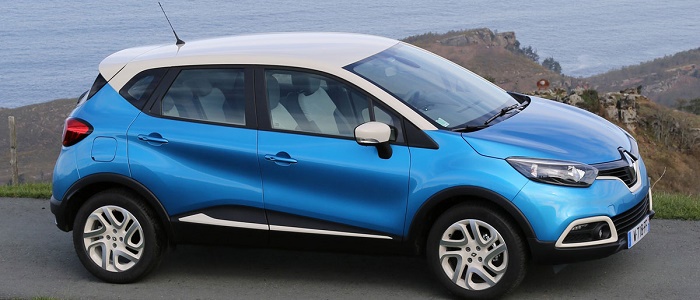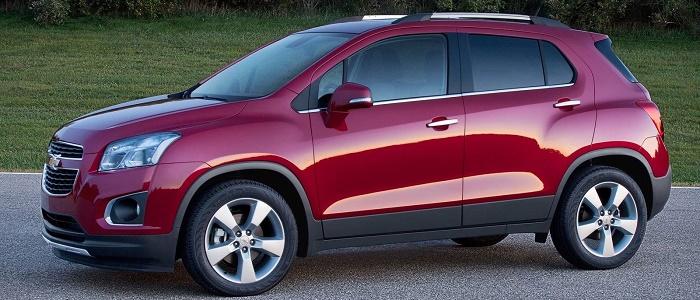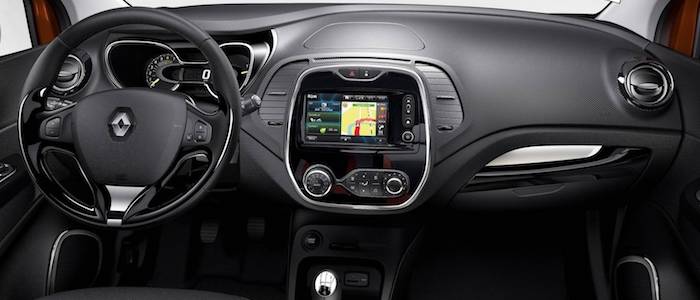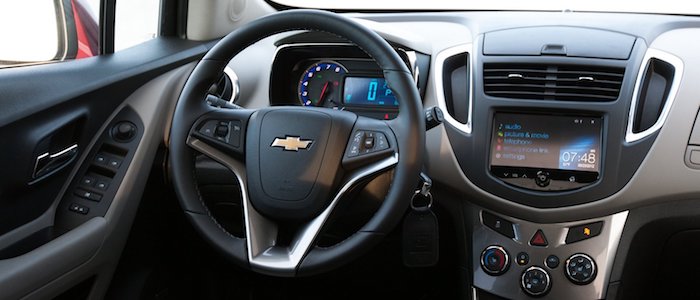Compare two cars
Compare any two cars and get our Virtual Adviser™ opinion
Dimensons & Outlines
Check vehicle history
Engine
Performance (manual gearbox)
Performance (automatic gearbox)
Expenses
Virtual Adviser's™ opinion
Two significantly similar cars, no doubt about that. Still, each one has something different to offer. Having both cars powered by petrol engines and utilizing the 5-door suv body style within the same 'SUV' segment, the only major difference here really is their wheel drive configuration (front for the Renault and 4 x 4 in the case of the Chevrolet). The first one has a Renault-engineered powertrain under the hood, a 4-cylinder, 16-valves 120hp unit, while the other one gets its power and torque from a 4-cylinder, 16-valves 140hp engine designed by Opel.
SafetyThe first thing to look into here would be the results from European New Car Assessment Programme (Euro NCAP) tests performed on the two cars. Good thing is that both vehicles got tested, with the same number of safety stars gained in the process. That aside, let's consider some other aspects which affect safety. Both vehicles belong to the suv segment, which is generally a very good thing safety-wise, still it doesn't help us solve our dilemma, does it? On the other hand, taking kerb weight as an important factor into account, the American car offers a considerable difference of 19% more metal.
ReliabilityReliability is not the best thing to consider on the make level, but it is worth mentioning that both brands display similar results in faults and breakdowns, when all the models are taken into account. These are the official statistics, while our visitors describe reliability of Renault, as well as Chevrolet, with the same average rating of 4.2 out of 5. Independent research findings rank Captur as average reliability-wise, and Trax is more or less at the same level.That apart, owners of different cars powered by the same engine as the French car rank it on average as 3.0, while the one under the competitor's bonnet gets 4.0 out of 5.
Performance & Fuel economyChevrolet is undoubtly more agile, reaching 100km/h in 1.1 seconds less than its competitor. In addition to that it accelerates all the way to 195 kilometers per hour, 3km/h more than the other car. When it comes to fuel economy the winner has to be the French car, averaging around 5.4 liters of fuel per 100 kilometers (52 mpg), in combined cycle. We can't ignore that 19% difference compared to the American car.
Verdict
Chevrolet appears just a bit more reliable, although the difference is truly marginal. The most important thing when deciding between any two vehicles should always be safety, both passive and active. In my opinion, everything taken into account, the American car offers significantly better overall protection, taking the lead here. It all continues in the same direction, with Chevrolet outracing its opponent in any situation possible, making it better choice for boy racers. It does come at a cost though, and that's the fuel consumption... It's really tough to make a final decision here, but if I'd need to, I'd say Chevrolet. Nevertheless, let's not forget that people have different preferences and needs, so what really counts is your personal feel. I'm only here to help. I suggest you spend two more minutes in order to find out which car, based on your needs and budget, would be picked by the virtual adviser™, out of 12.000+ vehicles we currently have in our database.


































